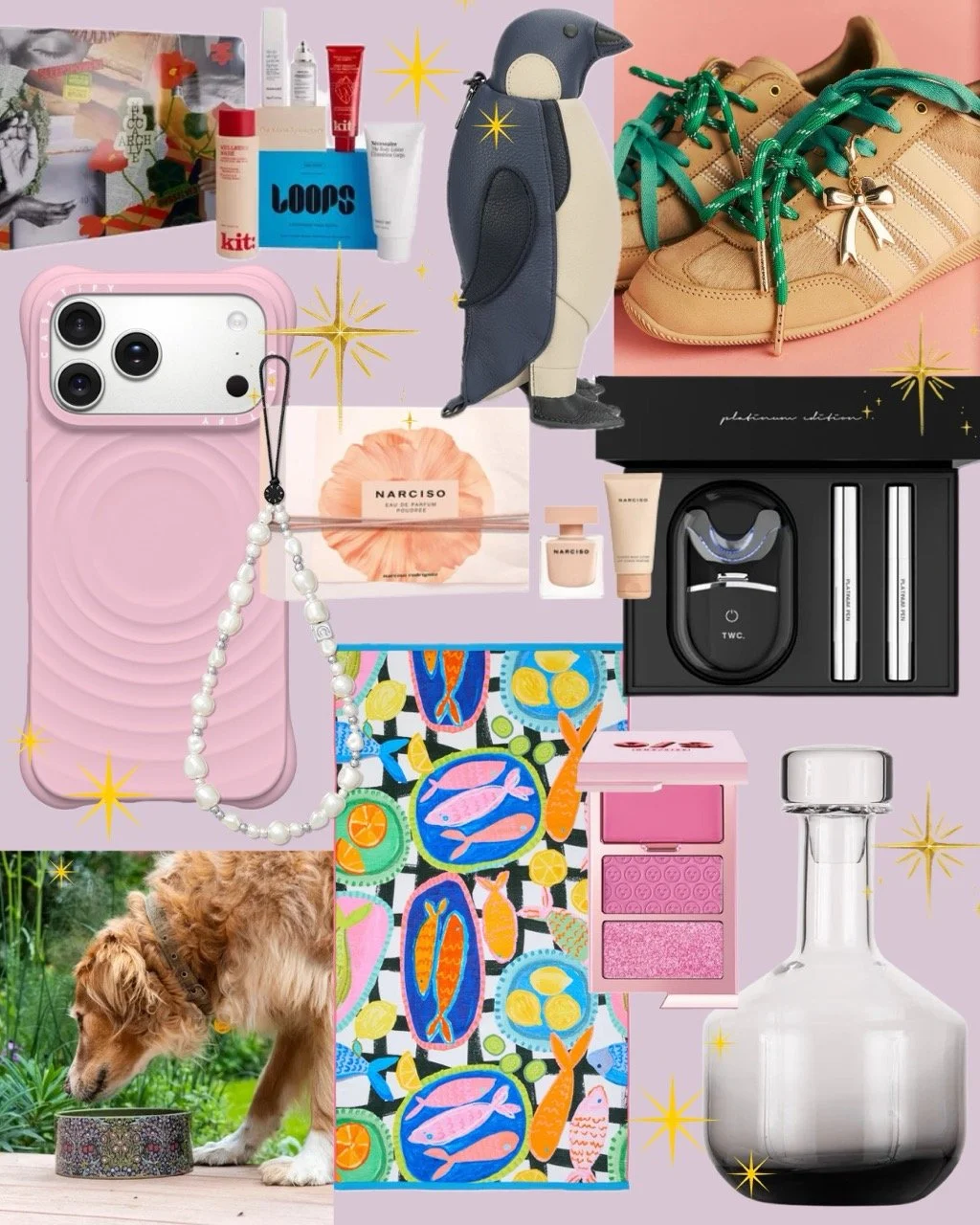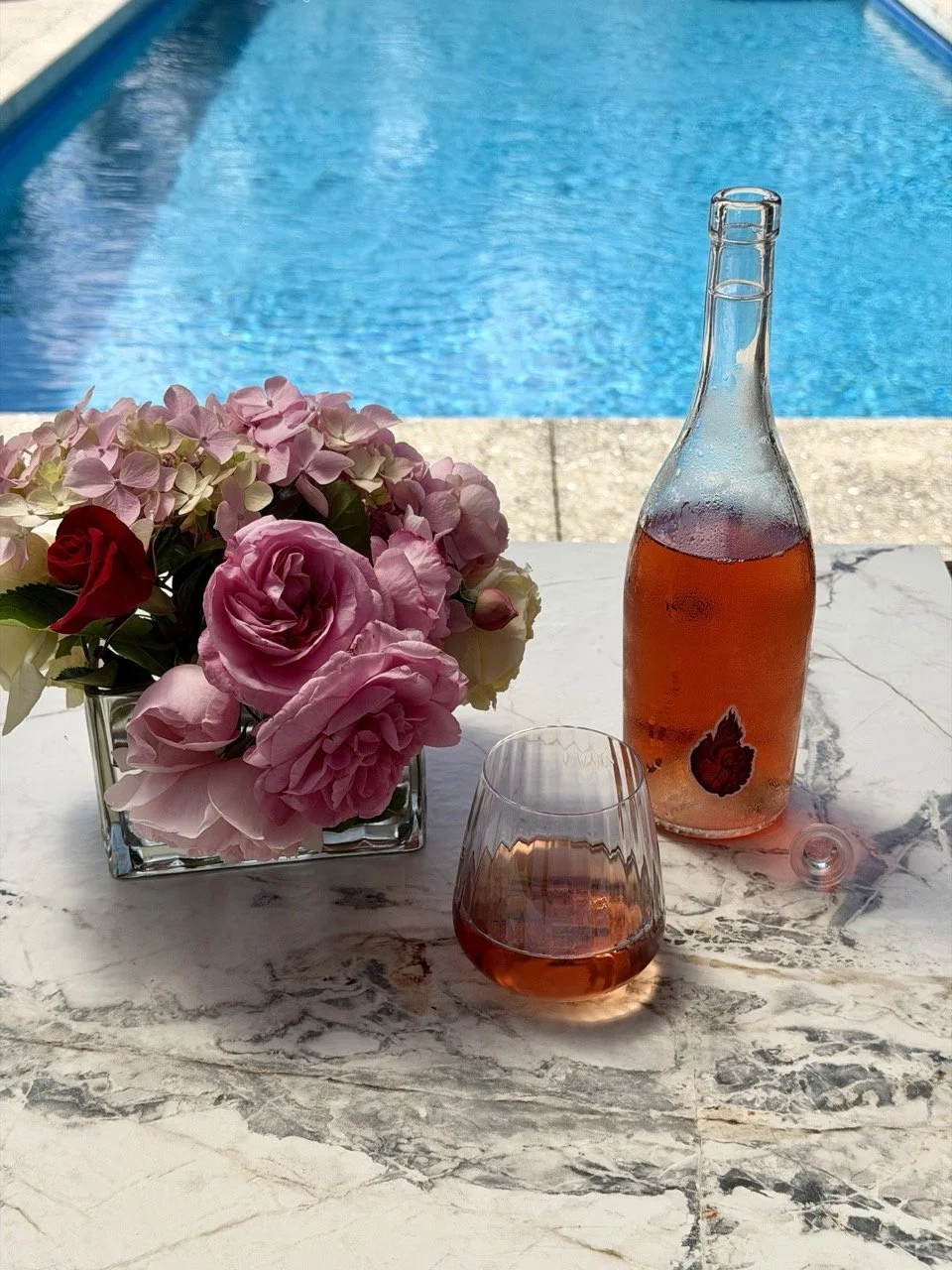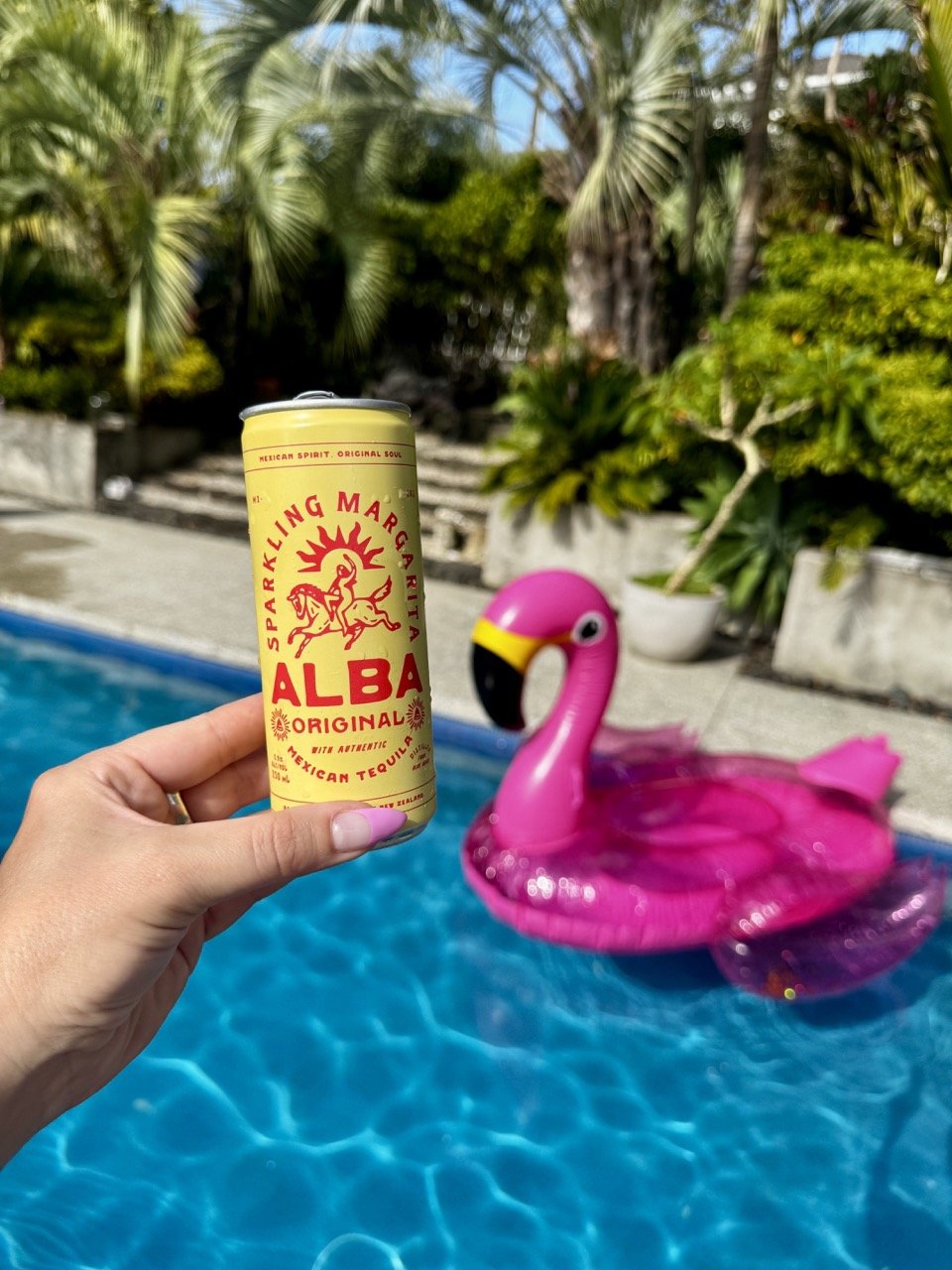It's a twice-daily beauty duty, and for a good reason. Brushing your teeth should be second nature, but did you know it could make them sensitive, says editor Trudi Brewer.
Image Instagram
From how you brush your teeth to what you eat and drink, it can all be causing sensitivity, which long term can be crippling if you love ice cream, hot coffee, and a lemon-infused G&T. Here's how to calm and care for your best asset - your smile.
How do you brush your teeth?
Brushing teeth in a back-and-forth motion, similar to a sawing movement, is something most of us do without thinking. Decades of this action could be eroding your teeth and causing sensitivity and damage without you knowing. Sensitivity happens when the enamel coating on the teeth gets thinner and exposes the dentin. The dentin contains tiny tubes, which, when unprotected by the enamel, the nerves and cells inside the tooth are exposed and react to heat and cold. This overbrushing action can also increase your chances of developing cavities and receding gums. So the best way to brush, I hear you ask? Dentists recommend small circular motions, placing the toothbrush at a 45-degree angle where the teeth meet the gums. We say it may be time to invest in an electric toothbrush! The vibrating motion of an electric brush ensures food and plaque are removed swiftly and gently.
“Decades of this brushing your teeth in a back and forth action could be eroding the enamel and causing sensitivity without you knowing. ”
A cup of green tea a day could keep the dentist away.
A cup of green tea a day could keep the dentist away? Recent research suggests drinking green tea can strengthen your teeth and help cleanse your gum line. It also suggests green tea extract can soothe that sharp pain when hot or cold temperatures touch your teeth. The polyphenols in green tea (also great for the skin) help fight bacteria that can cause cavities. Switch out that extra cup of coffee each day and opt for organic green tea, and you could ward off that annoying tooth sensitivity and long-term decay.
“The polyphenols in green tea (that are also great for the skin) help fight bacteria that can cause cavities.”
Do you drink still or sparkling water?
Drinking water is so good for your body and teeth, but opt still water every time. Why I hear you ask? The pH of sparkling water is about pH(3.0), which is acidic. However, still filtered tap water has a neutral pH (7.0), and your teeth love that. Studies have shown that drinking sparkling water has the same or more erosive effect on teeth than orange juice - who knew, another factor to consider if your teeth are sensitive.
“The pH of sparkling water is about pH(3.0), which is acidic. However, still filtered tap water has a neutral pH (7.0), and your teeth love that. ”
Popcorn is not a great snack
Sugar-laden bliss balls or muesli bars designed as healthy snacks are cavity-causing foods, and so is popcorn - who knew? According to a recent study, this sugar-free, corn-based salty snack is one of the worst dental offenders. The thin shell surrounding the popcorn's kernels is terrible for your teeth and gums. They slide off while you chew and get lodged between the gums and teeth. The problem is that if the shell goes unnoticed and is deposited between the gum and tooth, it can cause sensitivities, cavities, and worse bone loss - another reason to invest in that electric toothbrush. Switch up popcorn for nuts - almonds, brazil nuts, and cashews; they're better for your skin and teeth.
“The thin shell surrounding the popcorn’s kernels is terrible for your teeth and gums. They slide off while you chew and get lodged between the gums and teeth”
The best paste for sensitive teeth
Sensodyne Rapid Relief, $11.
Instant relief has arrived in the form of new daily toothpaste, but not as we know it. Sensodyne Rapid Relief is a fluoride toothpaste that soothes sensitivity and pain fast. It has been designed for those with dentine hypersensitivity and works swiftly to form a barrier over the sensitive spots of your teeth. You use a pea-sized amount and gently rub it into each sensitive tooth for one minute to help curb that ouch.


























Style-inspiring and captivating.